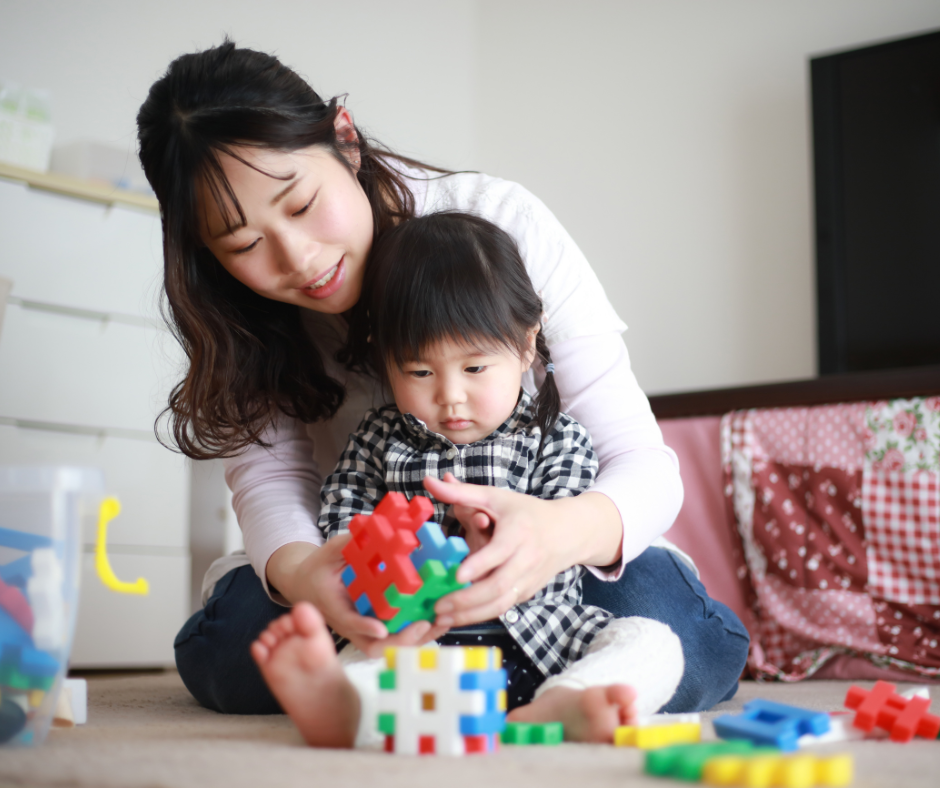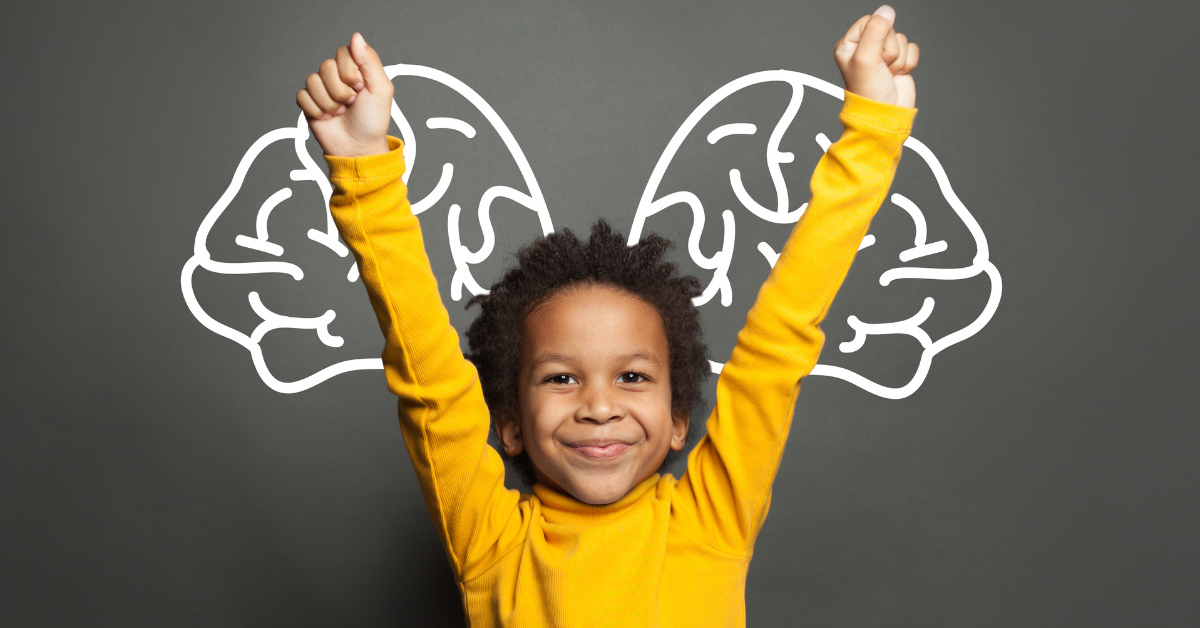Early childhood is a time of profound growth and development, where young minds are shaped in ways that set the stage for a lifetime of learning and cognitive abilities. The brain, often compared to a sponge during this critical period, absorbs an astonishing amount of information. The science is clear: the first three to five years of life set the tone for a child’s future, making it a time of huge opportunity…or great risk. Research has proven that early childhood development programs implemented from birth to three do more to improve a child’s capacity than at any other time in life. This is why at GIFT CONNECT, we are dedicated to amplifying the importance of Birth to Three and giving every child the opportunity to thrive.
The Developing Brain
The human brain undergoes its most rapid and complex development during the first three years of life. At birth, a baby’s brain is already equipped with billions of neurons, the building blocks of the nervous system. However, these neurons are not yet fully connected, forming trillions of synapses or connections as the child grows. This process is most active during the early years, peaking around the age of two.
Sign Up to Get Exclusive Parenting Pearls Every Week
The Role of Caregivers
Caregivers, whether parents, teachers, or other adults, play a crucial role in supporting early childhood brain development. The quality of interactions and relationships a child has with their caregivers significantly impacts their cognitive, emotional, and social growth. Warm, responsive, and consistent care fosters a sense of security, which, in turn, supports healthy brain development.

The Role of Early Experiences
The brain’s development is heavily influenced by the experiences a child encounters during their early years. Positive experiences, such as loving interactions with caregivers, playtime, and exploration, stimulate the formation of new connections. These connections strengthen cognitive skills, emotional regulation, and social competence and are vital in helping babies build the foundation they need to succeed in life. This is why we promote the practice of the 6 Loving Habits, encouraging parents and caregivers to play, sing, read, speak, count, and serve & return – with love.
Conversely, negative experiences, such as neglect or trauma, can hinder the brain’s development. These adverse childhood experiences can lead to problems like impaired cognitive function, emotional instability, and even long-term health issues.
Language Acquisition
Early childhood is the ideal time for language acquisition. The brain is like a language sponge, soaking up words, sounds, and grammar rules with astonishing efficiency. A child exposed to multiple languages during this critical period is more likely to become bilingual or multilingual with ease, thanks to the brain’s flexibility.
The Importance of Play
Play is not merely a pastime; it’s an integral part of early childhood development. The brain is most active and responsive during play, allowing children to explore, learn, and make sense of the world. Through imaginative play, children hone their problem-solving skills, creativity, and social understanding. Play is the primary way in which young minds build a foundation for future learning and cognitive development.

Emotional Development
Early childhood is also a time when emotional and social skills take root. As the brain matures, children develop the capacity to understand and manage their own emotions, as well as to recognize and empathize with the feelings of others. The connections formed during this period play a significant role in shaping a child’s emotional intelligence.
Conclusion
By fostering positive experiences, encouraging play, and nurturing emotional well-being, we can help children reach their full potential and lay the foundation for a bright and successful future.


